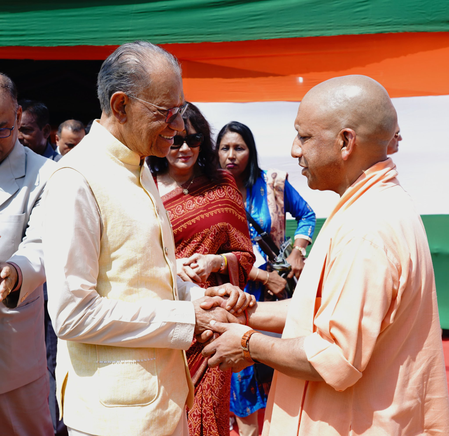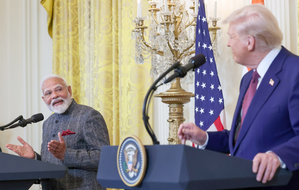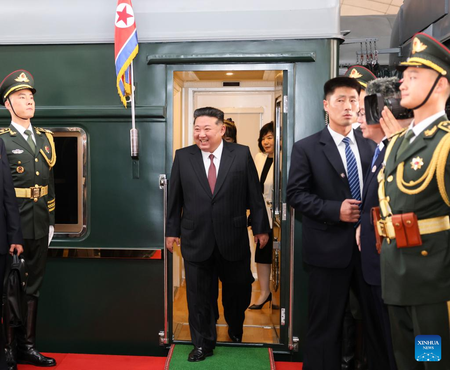
New Delhi, Sep 13 (IANS) The track record of Pakistan’s current civil-military regime paints a bleak picture of the country’s future. It can continue down the Chinese path, perfecting the machinery of digital authoritarianism while hollowing out its democratic promises, or it can confront the reality that surveillance without oversight is not security but tyranny, according to a new report.
For years, Pakistan has been accused of spying on its own citizens. Earlier, these efforts were scattered — bugged hotel rooms, leaked phone calls, and occasional internet blackouts, said the report by The Milli Chronicle.
But, in recent times, this has turned into a highly organised surveillance system, backed by new technologies and international partnerships.
At the centre of this transformation is Pakistan’s growing dependence on China.
Beijing, often called the global architect of digital authoritarianism, has become not just a financial and military partner but also the key supplier of tools that allow governments to control the flow of information.
Through its Digital Silk Road initiative, China has exported surveillance systems, firewalls, and censorship models to countries like Pakistan.
In 2023, Pakistan introduced the Web Monitoring System 2.0 (WMS 2.0), developed with Chinese companies like Geedge Networks and the state-owned China Electronics Corporation.
This system, similar to China’s Great Firewall, can block websites, detect VPNs, and throttle internet traffic.
Instead of simply censoring content, it is designed to detect and suppress dissent before it can spread.
But Chinese tools are not the only ones in use. Pakistan has also adopted European-made surveillance systems, such as the Lawful Intercept Management System (LIMS), which can track the digital activity of millions of people at once.
While European countries restrict how these systems are used, Pakistan lacks such safeguards, giving its spy agencies near-total freedom to monitor citizens.
Authorities defend these measures in the name of national security, but the main targets often turn out to be journalists, human rights activists, and political dissidents.
Reports of leaked WhatsApp calls, blocked investigative stories, and the intimidation of activists have become common.
In Balochistan, entire regions face internet blackouts that last for months or even years, cutting people off from the outside world and silencing campaigns against enforced disappearances.
Critics say this is less about fighting terrorism and more about protecting the military establishment from accountability.
By adopting China’s model, Pakistan is shifting further away from democracy and normalising the idea that dissent is a crime.
The consequences extend beyond Pakistan’s borders. If a fragile democracy like Pakistan embraces Chinese-style digital authoritarianism, it signals to other countries that repression can be imported and democracy can be bypassed.
Pakistan now stands at a crossroads. It can choose transparency, accountability, and the rule of law — or continue building a surveillance state that silences its citizens.
For now, the latter path seems more tempting to those in power. But in choosing this route, Pakistan risks trading its democratic promises for a future of fear and repression.
–IANS
pk/na




